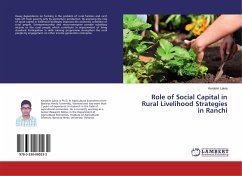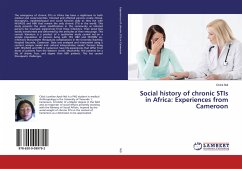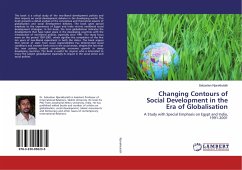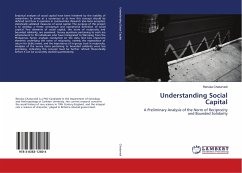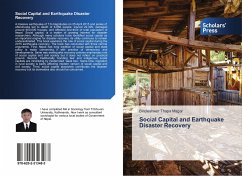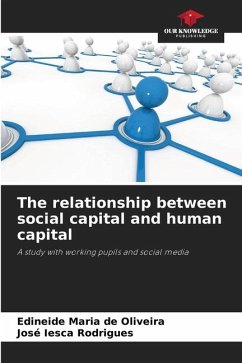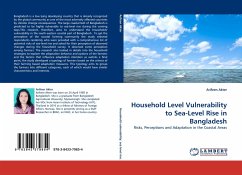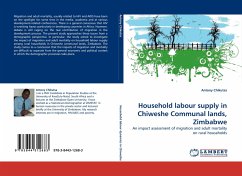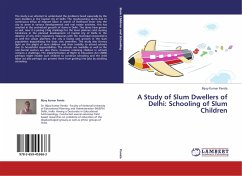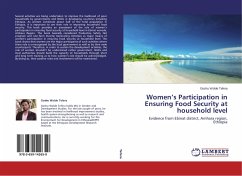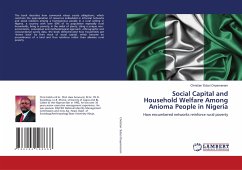
Social Capital and Household Welfare Among Anioma People in Nigeria
How encumbered networks reinforce rural poverty
Versandkostenfrei!
Versandfertig in 6-10 Tagen
55,99 €
inkl. MwSt.

PAYBACK Punkte
28 °P sammeln!
This book describes how communal values create obligations, which constrain the appropriation of resources embedded in informal networks and social relations among a homogenous people in a rural setting in Nigeria, a country with over 60% of its population especially rural households, living in poverty, in the midst of plenty. Using a unique non-econometric, conceptual and methodological approach, ethnographic and cross-sectional survey data, the book demonstrated how households get 'drawn back' by their stock of social capital, which become an encumbrance of a kind and thus reinforce rather t...
This book describes how communal values create obligations, which constrain the appropriation of resources embedded in informal networks and social relations among a homogenous people in a rural setting in Nigeria, a country with over 60% of its population especially rural households, living in poverty, in the midst of plenty. Using a unique non-econometric, conceptual and methodological approach, ethnographic and cross-sectional survey data, the book demonstrated how households get 'drawn back' by their stock of social capital, which become an encumbrance of a kind and thus reinforce rather than alleviate rural poverty.



